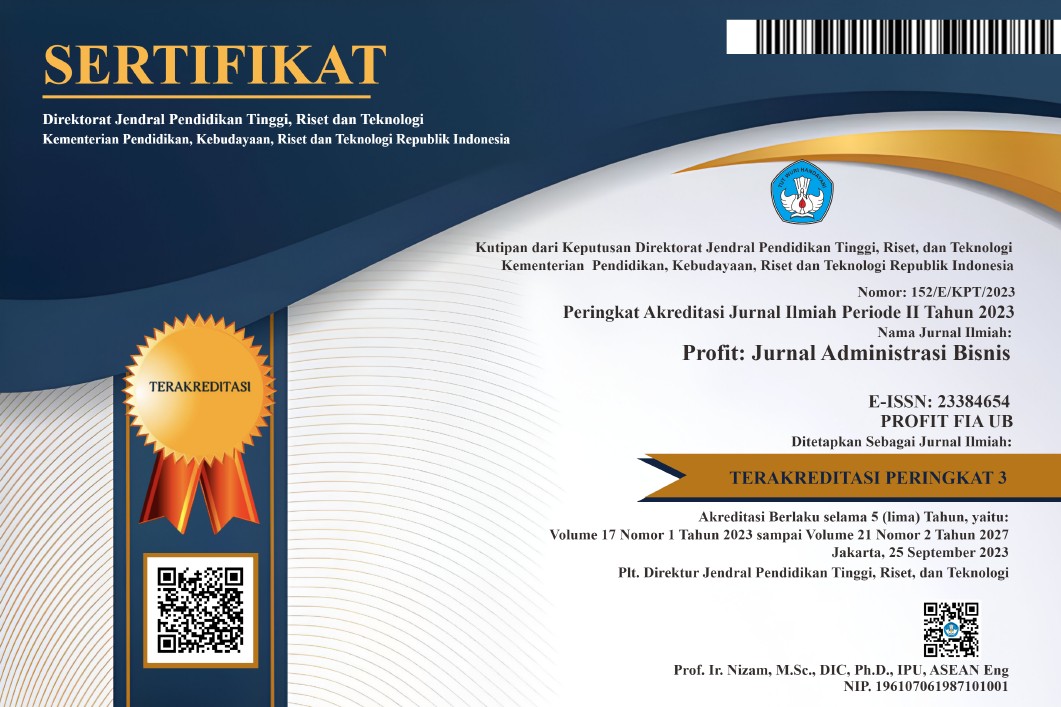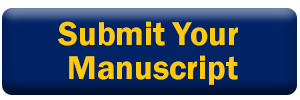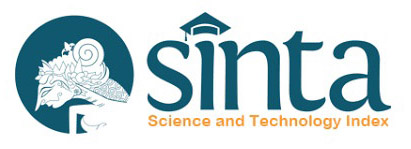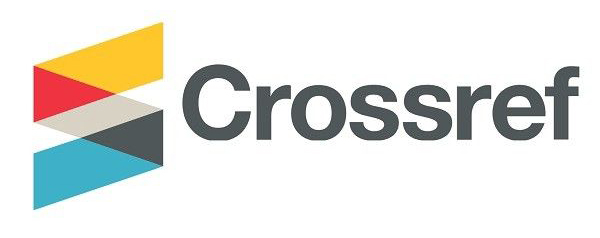AN INSIGHT INTO CHANGE MANAGEMENT IN A GLOBAL TRAVEL INDUSTRY
DOI:
https://doi.org/10.21776/ub.profit.2020.014.01.6Keywords:
Change Management, Learning Organisation, Travel Industry, AustraliaAbstract
This study aims to give an insight into how a global travel agent company, Flight Centre, manages change. Specifically, to gain an understanding as to how and why they make decisions around change, how they gain commitment to change from employees, how they use culture and communication in the change process. The primary data for this research was collected from face-to-face interview and telephone conversations. A total of 4 Flight Centre leaders (1 area leader from Victoria and 3 team leaders from Port Melbourne, Chadstone and Elsternwick stores) were interviewed. A total of 10 Flight Centre employees from Port Melbourne, Chadstone, Elsternwick and Brighton were interviewed informally in stores and on the phone. The result shows that Flight Centre is an example of a company that has made change a part of their day-to-day operations and have been very successful in changing and adapting in an industry that has seen a lot of organisations demise.
References
Al-Ali, A. A, Singh, S. K., Al-Nahyan, M., Sohal, A.S. (2017) "Change management through leadership: the mediating role of organizational culture",International Journal of Organizational Analysis, Vol. 25 Issue: 4, pp.723-739, https://doi.org/10.1108/IJOA-01-2017-1117
Appelbaum, S., St-Pierre, N., Glavas, W. (1998), “Strategic organizational change: the role of leadership, learning, motivation and productivityâ€, Management Decision, Vol. 36, No. 5, pp. 289-301.
Atkinson, P. (2005), “Managing resistance to changeâ€, Management Services, Vol. 49, No. 1, pp.14-19.
Barnett, M., Standing, C. (2001), "Repositioning travel agencies on the Internet", Journal of Vacation Marketing, Vol. 7 No.2, pp.143-52
Carnall, C. (2003), Transformation perspective in “Managing change in organizationsâ€, Prentice Hall, pp. 11-37.
Casey, A. (2005), “Enhancing Individual and Organizational Learning: A Sociological Modelâ€, Management Learning, Vol. 36, No. 2, pp. 131-147.
Cooper, D. R., & Schindler, P.S. 2003. Business research methods (8th edition). New York: McGraw-Hill.
Costa, J., (1995), “International perspectives on travel and tourism developmentâ€, International Journal of Contemporary Hospitality Management, Vol. 7 No. 7, pp. 10-19
Diefenbach, T. (2007), “The managerialistic ideology of organizational change managementâ€, Journal of Organizational Change Management, Vol. 20, No. 1, pp. 126-144.
Elving, W. J.L. (2005), “The role of communication in organisational change “, Corporate Communications: An International Journal, Vol. 10, No. 2, pp. 129-138.
Faché, W., (2000), “Methodologies for innovation and improvement of services in tourismâ€, Managing Service Quality, Vol.10 No.6, pp. 356-366
Gotwon, G. and Ditomaso, N. (1992), “Predicting Corporate Performance from Organizational Cultureâ€, Journal of Management Studies, Vol. 29, No. 6, pp. 783-799.
Garavan, T. (1997), “The learning organization: a review and evaluationâ€, The Learning Organization, Vol. 4, No. 1, pp. 18-29.
Jarrett, M. (2004), “Tuning into the emotional drama of change: extending the consultant's bandwidthâ€, Journal of Change Management, Vol. 4, No. 3, pp.247-258.
Jick, T. (2001), “Vision is 10%, Implementation the Restâ€, Business Strategy Review, Vol. 12, No. 4, pp. 36-39.
Kirby, A. & Jones, K. (2004), “Family fortunes at Flight Centre: unusual business model takes off for award-winning travel agencyâ€, Human Resource Management International Digest, Vol. 12 No. 6, pp.33-34.
Lawler, E. E., Boudreau, J. W., Mohrman, S. A., Mark, A. Y., Neilson, B., & Osganian, N. (2006), Achieving strategic excellence: an assessment of human resource organizations, Stanford University Press, California.
Lee-Kelley, L., Blackman, D. and Hurst, J. (2007), “An exploration of the relationship between learning organisations and the retention of knowledge workersâ€, The Learning Organization, Vol. 14, No. 3, pp. 204-221.
Leung, K., Law, R., & Wong, R, (2004), “The impact of the Internet on travel agenciesâ€, International Journal of Contemporary Hospitality Management, Vol.16 No. 2. pp. 100-107.
Mento, A., Jones, R. and Dirndorfer, W. (2002), “A change management process: Grounded in both theory and practiceâ€, Journal of Change Management, Vol. 3, No. 1, pp. 45-59.
Meyer, C., Stensaker, I. (2006), “Developing Capacity for Changeâ€, Journal of Change Management, Vol. 6, No. 2, pp. 217-231.
Oztel, H. and Hinz, O. (2001), “Changing organisations with metaphorsâ€, The Learning Organization, Vol. 8, No. 4, pp. 153-168.
Olmeda, I., Sheldon, P. (2001), "Data mining techniques and applications for tourism Internet marketing", Journal of Travel & Tourism Marketing, Vol. 11 No.2-3,pp.1-20.
Pardo del Val, M., & Fuentes, C. M. (2003), “Resistance to change: a literature review and empirical studyâ€, Management Decision, Vol. 41, No. 2, pp. 148-155.
Jos H. Pieterse, Marjolein C.J. Caniëls, Thijs Homan, (2012),"Professional discourses and resistance to change", Journal of Organizational Change Management, Vol. 25 Iss: 6 pp. 798 – 818
Preston, D. R. (1999), “Organizational aikido: implementing change without a fightâ€, Journal for Quality & Participation, Vol. 22, No. 5, pp. 24-26.
Rusaw, A. C. (2000), “Uncovering training resistance: a critical theory perspectiveâ€, Journal of Organizational Change, Vol. 13, No. 3, pp. 249-263.
Salaman, G., Asch, D. (2002), “Improving organisational performanceâ€, European Business Journal, Vol. 14, No. 4, pp.186-192.
Schein, E. (1996), “Kurt Lewin’s Change Theory in the Field and in the Classroom: Notes Toward a Model of Managed Learningâ€, Systems Practice, Vol. 9, No. 1, pp. 27-47.
Sorensen, J. (2002), “The Strength of Corporate Culture and the Reliability of Firm Performanceâ€, Administrative Science Quarterly, Vol. 47, No. 1, pp. 70-91.
Spector, J. and Davidsen, P. (2006), “How can organizational learning be modelled and measured?â€, Evaluation and Program Planning, Vol. 29, pp. 63-69.
Spencer, P. (2006), “Always on the moveâ€, Travel Weekly Australia, Vol. July, p. 27.
Sterman, J. (1994), “Learning In and About Complex Systemsâ€, System Dynamics Review, Vol. 10, Nos. 2-3, pp. 291-330.
Todnemby, R. (2005), “Organisational Change Management: A Critical Reviewâ€, Journal of Change Management, Vol. 5, No. 4, pp. 369-380.
Ulrich, D., Von Glinow, M. and Jick, T. (1993), “High-Impact Learning: Building and Diffusing Learning Capabilityâ€, Organizational Dynamics, Vol. 22, No. 2, pp. 52-66.
Zeffane, R. (1994), “Understanding Employee Turnover: The Need for a Contingency Approachâ€, International Journal of Manpower, Vol. 15, No. 9, pp. 22-37.
Downloads
Published
Issue
Section
License
The copyright of the received article shall be assigned to the journal as the publisher of the journal. The intended copyright includes the right to publish the article in various forms (including reprints). The journal maintains the publishing rights to the published articles.

This work is licensed under a
Creative Commons Attribution-NonCommercial 4.0 International License

















